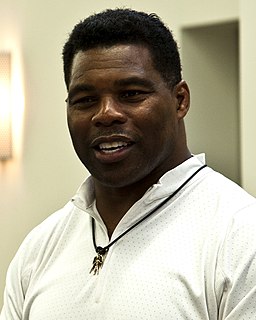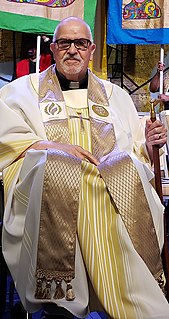A Quote by Julia Gillard
I'm on the record as saying things like I think it's important for people to understand their Bible stories, not because I'm an advocate of religion - clearly, I'm not - but once again, what comes from the Bible has formed such an important part of our culture.
Related Quotes
Yes, the Bible should be taught in our schools because it is necessary to understand the Bible if we are to truly understand our own culture and how it came to be. The Bible has influenced every part of western culture from our art, music, and history, to our sense of fairness, charity, and business.
In France, we have laïcité, which means that atheism is almost our state religion. But I think a very important part of Western culture is in the centuries when Christianism was dominant and was present in almost all works of art - not only liturgical works, but also literature and music. Yes, it's important to have that in our present. It doesn't mean that people have to adhere to a dogma or practice a religion, but it's part of our heritage, and you have to at least try to understand it. Otherwise you can't be a modern person.
I would like to say in defense of the Christian religion that there are nice things about it. There really are. And Marilyn can tear up the Bible all he wants and I understand why, but... there's good things in the Bible. Good things. Like about, you know, not killing people, and... you know... not sleeping with people's husbands.
Many people don’t realize the extent to which stories influence our behavior and even shape our culture. Think about how Bible stories teach the fundamentals of religion and rules of conduct. Think of the fables and parables that molded your values. Think of how stories about your national, cultural or family history have shaped your attitudes about yourself and others.
It's important for people in the Church to realize that the way they talk and think about the Bible isn't the way Bible scholars talk and think about it - and I'm including "Bible-believing" scholars there. There is a wide gap between the work of biblical scholars, whose business it is to read the text of the Bible in its own worldview context, and what you hear in church.
You look at the Koran or the Bible, they all tell the same stories. You see them as the stories of the Middle East. The stories reflect who these people were in the Middle East, and this is where Western culture came from. All our literature is basically influenced by these great myths. So I'm fascinated by it. You could almost say I'm obsessed with it. But if you're asking about the effect of religion on my life - almost everything I do is opposed to the practice of religion.
We, including many Christians, read the Bible through "eyes" conditioned by, and even accommodated to, modern Western culture plus the influences of messages and ideas from other cultures that are alien to the worldview of the biblical writers. Therefore, in order fully to understand the Bible and allow the Bible to absorb the world (rather than the world - culture - absorb the Bible) we must practice an "archaeology" of the biblical writers' implicit, assumed view of reality.
I grew up with Bible stories, which are like fairy tales, because my father was a minister. We heard verses and prayers every day. I liked the gorier Bible stories. I did have a book of Chinese fairy tales. All the people except the elders looked like Italians. But we were not a family that had fiction books.












































